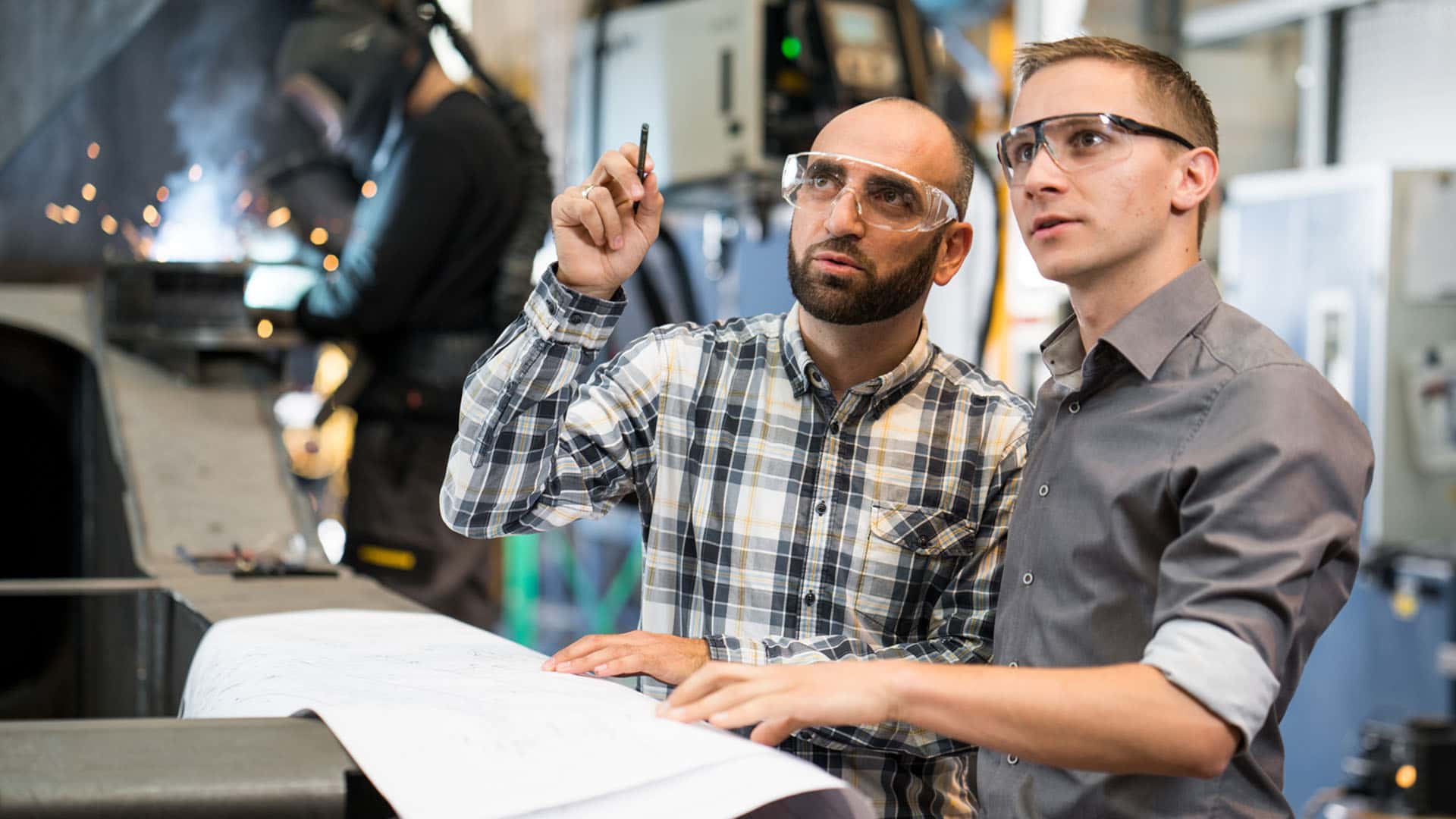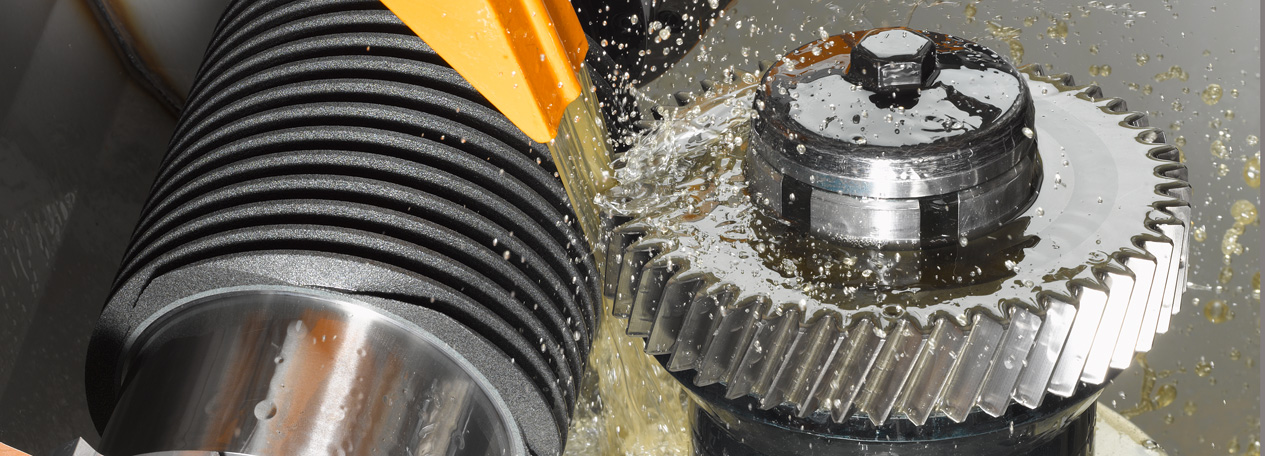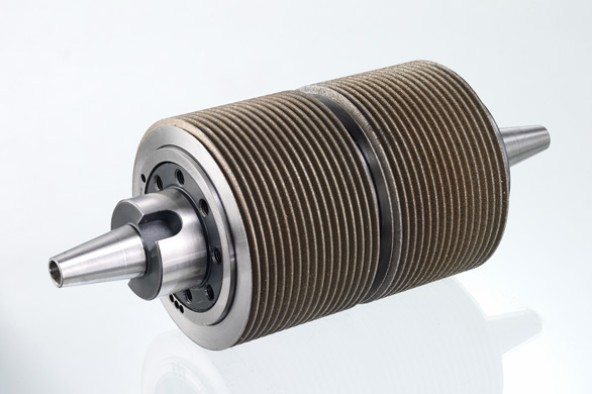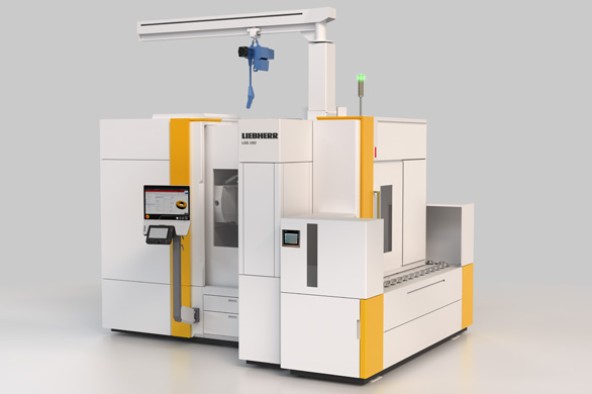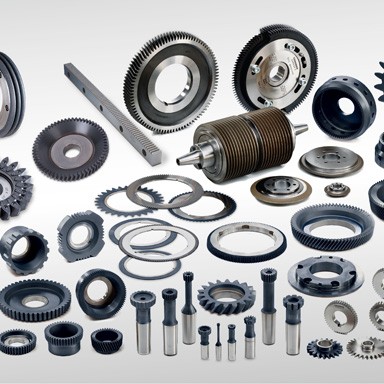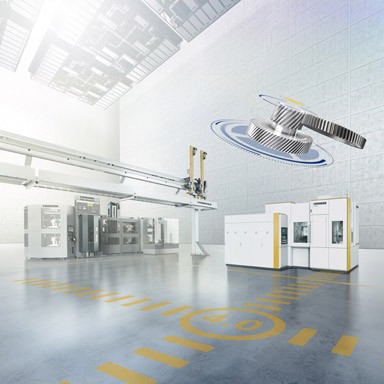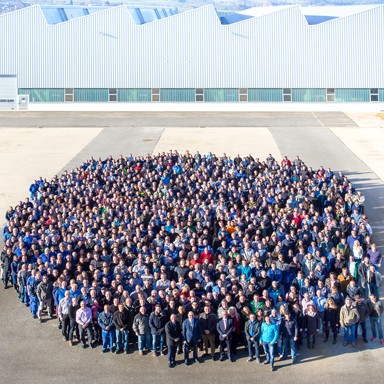For many applications, generating grinding with corundum is a good solution, but this abrasive also has certain disadvantages for some applications. Grinding special geometrical modifications could, for example, have a negative effect: The modifications would then have to be integrated in the tool completely or partially via the dressing process in the machine. On one hand, however, profiling a grinding worm needs time and, on the other, it alters the geometry of the tool. Depending on the choice of grinding process, it has to be repeated in very short intervals in order to guarantee the production at the same level of quality. This is just where Liebherr comes in, offering a CBN tool with an implemented modification and demonstrating on an example workpiece that extremely economic production is possible with these tools.
CBN stands for cubic boron nitride. Next to diamond, it is the second hardest cutting material in the world. It consists of a three-dimensional matrix made of boron and nitrogen atoms that can develop a broader spectrum of crystal forms than diamond. It has high thermal conductivity and a low coefficient of friction. In this way, the workpiece heats up much less than grinding with corundum, for example. It is possible to machine very hard materials reliably with CBN. CBN grinding worms can also be smaller, which means that the range of applications is greater than with corundum.


